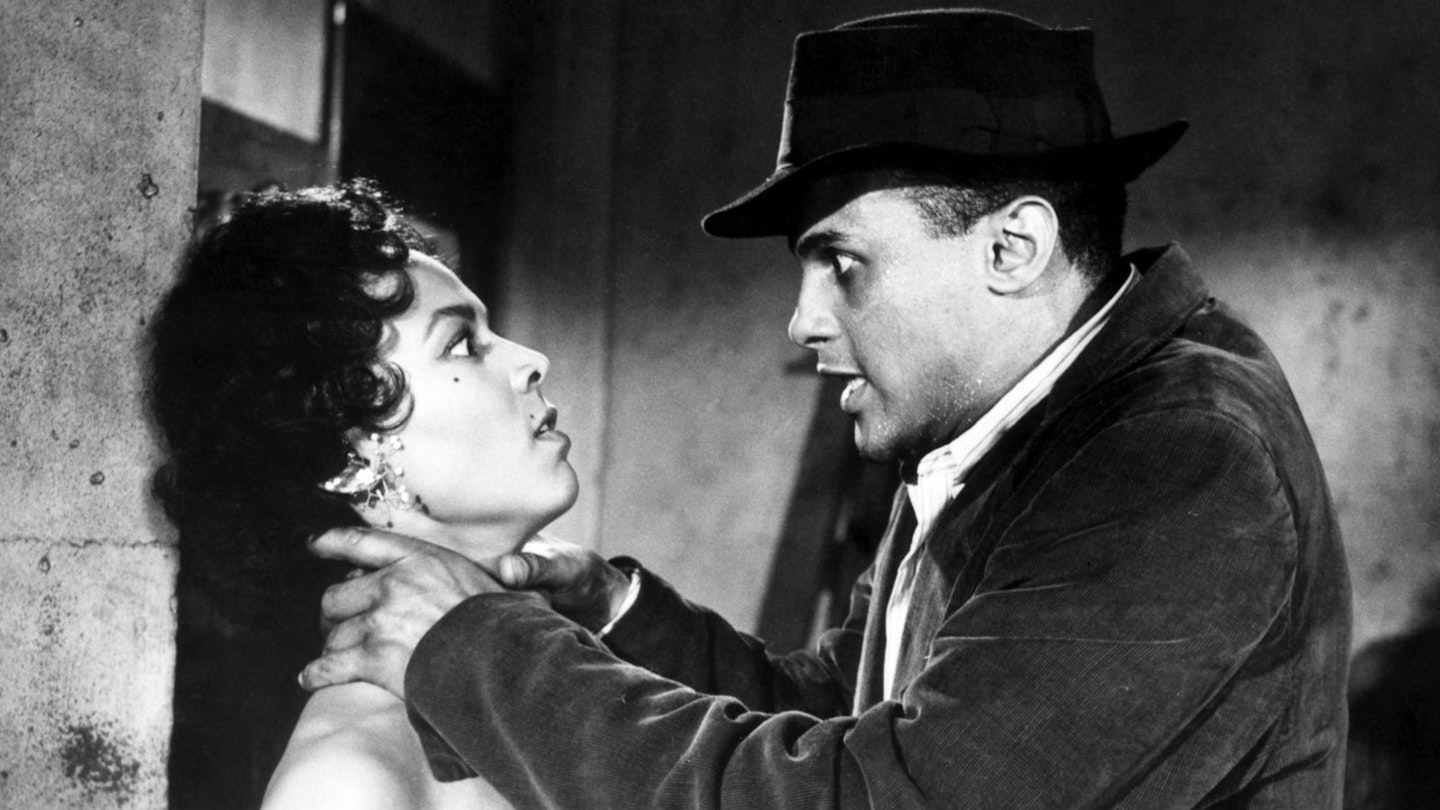Oscar Hammerstein was struggling with this updating of Bizet's 1875 opera when he was invited by Richard Rodgers to collaborate on Oklahoma! The success of both shows resurrected the lyricists's flagging career, but in neither case did the ensuing screen version do the electrifying original much justice. Where Carmen Jones was concerned, many were outraged by the stereotypical depiction of the African-American characters, while others lamented the fact that so many principals had their vocals dubbed. Yet, without the much-maligned Otto Preminger, the picture might never have been made at all.
Previous all-black musicals, like Hallelujah, Cabin in the Sky and Stormy Weather had been commercial calamities, largely because audiences in the Deep South refused to watch them. Yet, Preminger persuaded Fox supremo Darryl F. Zanuck to stump up a budget of $800,000 and consent to the casting of the relatively unknown Dorothy Dandridge over more established stars like Joyce Bryant and Elizabeth Foster. Seduced by Dandridge's feisty screen test, Preminger became her lover and, despite a tempestuous on-set relationship, he guided her to the distinction of becoming the first African-American to be nominated for Best Actress. However, his preoccupation with Dandridge (who nearly resigned because of her concerns that the part presented black women in a negative light) meant that he neglected the miscast Harry Belafonte, who looks consistently uncomfortable with both Joe's demeanour and having to mime to a playback.
Yet there was little that Preminger could have done about this situation. Bizet's estate had never been entirely happy with Hammerstein's revision of Meilhac and Halévy's libretto and its insistence that the film resembled a folk opera rather than a Broadway entertainment did much to undermine its integrity. Nevertheless, songs like Stand Up and Fight', Dat's Love' and `Beat Out That Rhythm on a Drum' still pack a punch and such moments of gaudy passion and pizzazz come close to atoning for the occasional melodramatics and lapses in political taste
